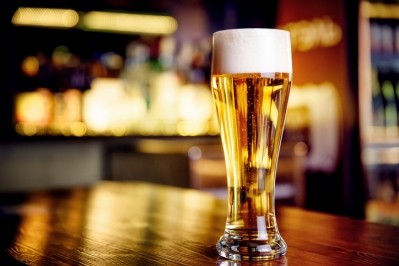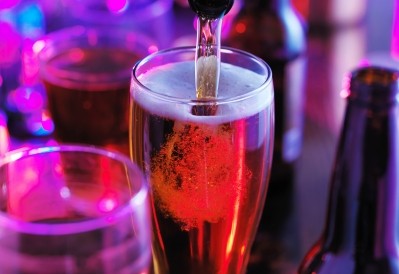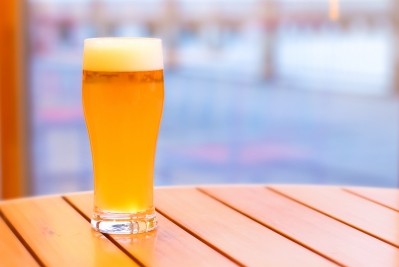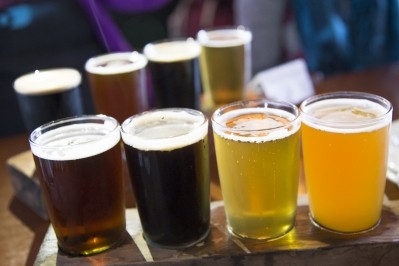Low calorie, vegan and gluten-free beers win favor with millennial consumers
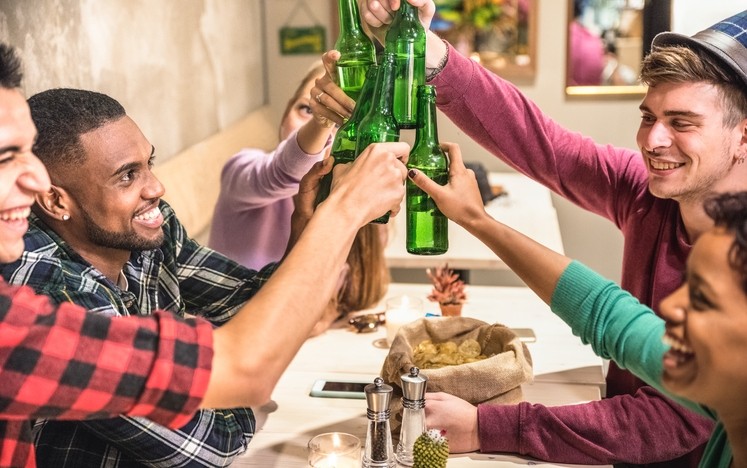
Brands are fighting beer’s traditional high calorie and ‘beer belly’ associations with lower calorie launches, according to the market research company. And while low calorie and low alcohol may often be considered synonymous, GlobalData suggests that it’s low calorie claims – rather than low ABV – that will resonate most with this consumer group.
Meanwhile, the market for vegan and gluten-free beers is still relatively small, but expected to grow in the future as millennials become increasingly concerned about what they eat and drink.
Bye-bye beer bellies
The popularity of low and no alcohol beers has been growing as people become more conscious of health and wellness.
However, calorie counting is another big factor in the food and beverage choices that millennials make – and that is likely to have even more of an effect on purchases, according to GlobalData.
Consumers sometimes associate low alcohol beers with an inferior taste and quality: leading to innovation in reducing calories without reducing alcohol.
“Low calorie beer could have a different consumer target – drinkers who do not try to limit their alcohol content but are concerned with their calorie intake,” Aleksandrina Yotova, consumer analyst at GlobalData, told BeverageDaily.
Brands such as the UK’s Skinny Lager from Skinny Brands have created low-calorie beers that would not be considered low alcohol (Skinny Lager comes in at 4% ABV). It uses a special brewing process to remove residual sugars from the drink, with a low carbohydrate content of 2.97g per 330ml and 89 calories per bottle.
Calorie counting
Skinny Lager: 330ml bottle (11 fl oz)
- 4% ABV
- 89 calories (35% less than regular lager)
- 0.4% sugar
- 3g carbohydrate (72% less than regular lager)
- 0g fat
- Vegan-friendly and gluten-free
Michelob Ultra: 12 fl oz (355ml)
- 4.2% ABV
- 95 calories
- 2.6g carbohydrates
- 0g fat
- Version using organic grains launched in 2018
Bud Light UK: 300ml bottle (10 fl oz)
- 3.5% ABV
- 80 calories
- 4.6g carbohydrates
- 0g fat
Meanwhile, AB InBev’s low carb and low calorie light beer Michelob Ultra has been seeing increasing success in the US, with its clear positioning as a brand for health-focussed and athletic individuals. While maintaining an ABV of 4.2%, it contains 95 calories per 12 oz bottle (355ml) while its new organic version contains 85 calories. The brand has enjoyed double-digit volume growth over the past year.
With an ABV of 3.5%, Bud Light contains 110 calories per 12 oz bottle. Bud Light re-entered the UK market in 2017, 16 years after its ill-fated launch, containing 80 calories per 300ml bottle and 4.6g carbohydrates.
‘Low calorie’ claims are likely to resonate with consumers as it’s something clear and easy to understand.
“Over a third (35%) of UK consumers associate ‘healthy’ with ‘low-calorie’, according to our 2017 Q4 survey. However, this rises to 49% when looking at 35-44 year olds specifically, and is slightly higher for female than male consumers,” said Yotova.
Guinness goes vegan
Last year Guinness became vegan-friendly as the Diageo brand eliminated isinglass, a product made from fish bladders, from the brewing process.
This demonstrates increased interest in vegan options, while gluten-free is another trend to watch out for.
“The market for gluten-free and vegan beers is still relatively small but is expected to grow in future, mainly thanks to interest from millennial consumers,” said Yotova.
“Millennials are careful about what they eat and drink and as a result, are making conscious decisions to take better care of themselves, including when it comes to alcohol. 8% of consumers in the UK aged between 18 and 34 associate “gluten-free” with “healthy,” compared to 5% of the overall population.
“Vegan is also increasingly trending. The fact that major brewers like Guinness have committed to producing 100% vegan-friendly beverages in recent years also suggests this trend will expand hugely in the future.”
